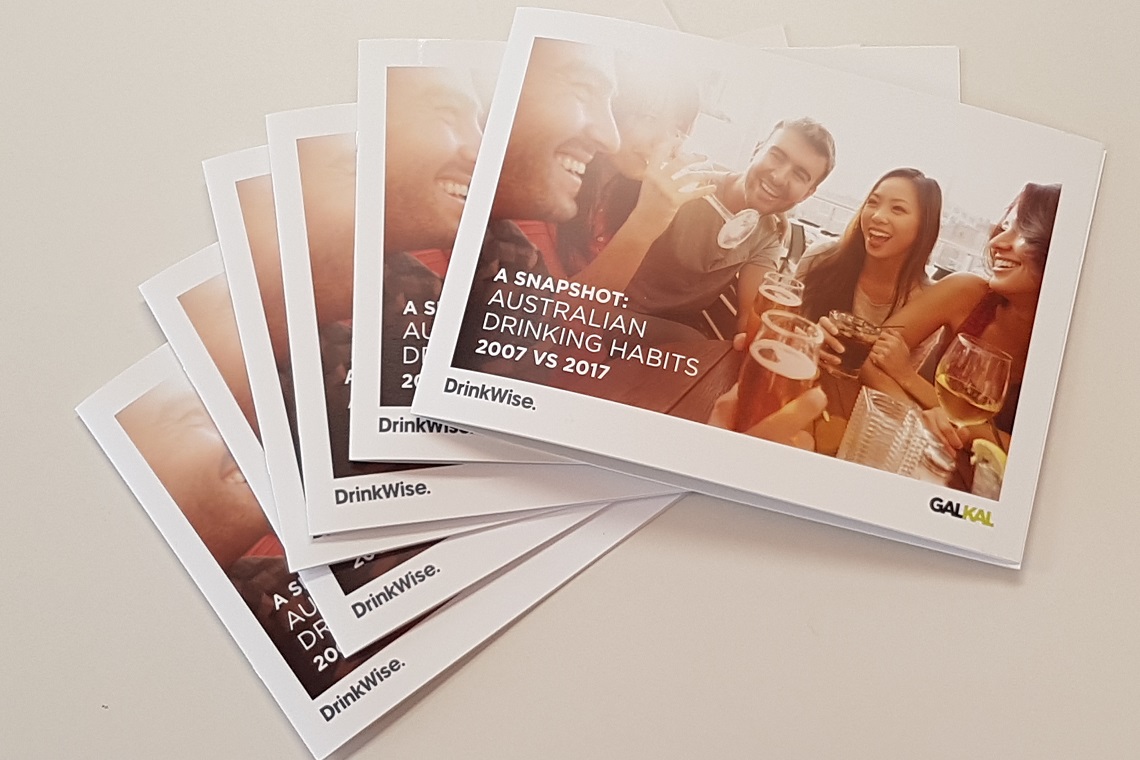Earlier this week TheShout reported on the NSW Parliamentary Inquiry into the Alcoholic Beverages Advertising Prohibition Bill 2015, and what the Executive Director of Alcohol Beverages Australia, Fergus Taylor, told the Inquiry.
A number of other people from the industry have also given evidence and spoken of their concerns about alcohol advertising prohibition. John Scott, the CEO of DrinkWise told the inquiry that the association would not support prohibition, labelling it “a fairly blunt instrument”.
“Historically Australia’s alcohol policy, which is currently being updated and a new policy is on the horizon, has tended to deal with three mainstreams—that is, demand reduction, supply reduction and harm reduction,” Scott told the inquiry.
“DrinkWise plays in the harm reduction space. Through our campaigns we acknowledge that supply reduction and demand reduction approaches have their place. We also acknowledge that harm reduction is very important as well and very much about an educated approach.
“For the most part, it is understanding that drinking is part of our DNA, that the majority of Australians drink and do so responsibly, but also that many do not. There is obviously an education path in the same way we saw with tobacco control. It is about educating consumers about the risks of alcohol consumption.”
Asked about the Alcoholic Beverages Advertising Prohibition Bill and whether DrinkWise would support it, Scott said: “DrinkWise would not support it. Much to Mr Taylor’s points, the issue around advertising is about informing consumers of various brands and what is available in the marketplace. Prohibition of advertising is, in effect, a fairly blunt instrument in trying to change people’s behaviour.
“DrinkWise is much more of the opinion that educating people about the dangers of drinking to excess, targeted at those people who are drinking poorly, is a much more successful route to follow.
“From what I have seen in my time at DrinkWise, there has been a greater push towards responsible advertising compared to when I started in public health in the mid- to late-1980s. The advertising we saw back then is poles apart from where we are today.
“While I understand some parents’ concerns that they still see advertising of alcohol products, I think the broader issue of consumers and underage consumers seeing that advertising and the industry’s code of practice, or self-regulatory code of practice, in dealing with that seems to fit the bill at the moment.”
He added: “Our second campaign in 2009 was called ‘Kids and Alcohol Don’t Mix. You may have seen it. It came out of some research done by the brain institute at the University of Sydney.
“Professor Hickey looked at the influence of alcohol on the underage developing brain. This was in situ with many parents wanting to give their 16-year-old or 17-year-old a couple of drinks to go to a party and the European model where we see parents in Italy, Spain or France giving their underage children a glass of wine at dinner and things like that.
“Professor Hickey came back and said, ‘While the brain is still developing, you shouldn’t be doing that; you should be delaying for as long as possible’.
“Our campaign was very much about getting parents to have that talk with their kids, because until then parents would talk about sex and drugs but alcohol was not really talked about. Our campaign actually spoke to parents about the need to have that discussion about setting boundaries and delaying for as long as possible the introduction to underage people.
“From that point of view we are far more interested in that educative issue of how you can influence a culture and to see that underage people are drinking less and delaying the age at which they have their first drink.
“The AIHW figures show us that 10 years ago the average age at which people had their first alcoholic drink was 15 years and it is now up to 16 years. We are seeing dramatic improvements in underage drinking rates, which is terrific. In a proliferation of advertising it is hard to actually mount a case that advertising is actually increasing underage drinking.”
The inquiry also heard from Jayne Taylor the ABAC Scheme Limited’s Executive Officer, Alec Wagstaff the CEO of DSICA and the WFA CEO, Tony Battaglene and TheShout will also report on their testimony.

